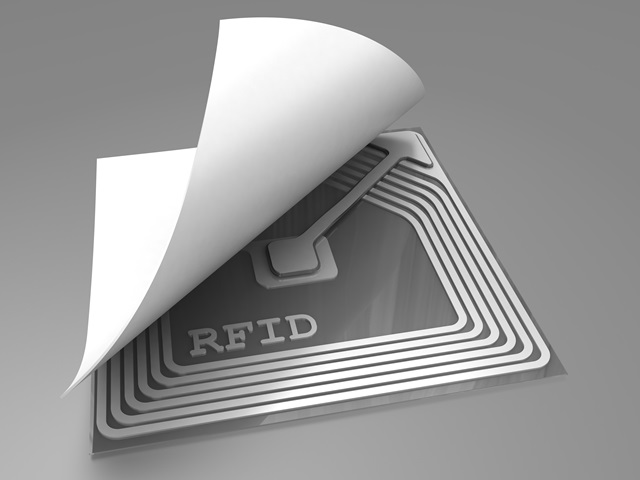Introduction to Proximity Marketing
Proximity marketing is an innovative approach to engage customers that targets consumers based on their physical location within your venue. By leveraging this cutting-edge technology, your business can gather intelligence and deliver personalized and timely content to customers in a specific location. This blog post will define proximity marketing, explore its various technologies along with their pros and cons, and outline what your organization needs to implement this strategy effectively.
Proximity Marketing Technologies
Proximity marketing complements marketing strategies. It offers a unique way to interact with consumers through their mobile devices, based on their location. This strategy is not just about pushing sales; it’s about creating an immersive brand experience. Here’s a look at the key technologies that make this possible:
Pros and Cons of Wi-Fi Marketing
- Wi-Fi’s broad reach is ideal for connecting with consumers.
- Offers for Wi-Fi access can motivate users to connect.
- Wi-Fi serves as an excellent communication tool.
- Wi-Fi analytics provide insights into user behavior.
- Engage users directly.
- Monitor without needing an app on the user’s device.
- Enhances device battery life, benefiting customers.
- It does not lend itself well to shelf-level accuracy in some use cases.
- Threat of MAC Randomization.
- Privacy concerns require data consent and transparency.

Pros and Cons of Bluetooth Low Energy (BLE) Beacons
- Accurate targeting in busy areas.
- Efficient in energy use.
- Sends data from the customer’s device, but needs an app installed.
- Short range, so it needs more sensors than Wi-Fi.
- Only works for users with the app on their phones.
- The app must offer valuable location-based services to justify location permissions.
Near Field Communication (NFC)/Radio-Frequency Identification (RFID)
- Great for safe and fast exchanges, like making payments.
- Cost-effective and doesn’t require power source.
- Limited to short-range interactions.
- May not work with all devices.
- Risk of NFC tag tampering, which can harm the brand’s reputation.
- Prone to theft.

Pros and Cons of GPS-based Proximity Marketing

- Great for outdoor tracking and setting up geofence alerts, such as store selection.
- Ideal for geographic-based marketing efforts.
- Needs an app running to use GPS effectively.
- Drains the battery quickly when active.
- Not very accurate indoors.
Why WiFi Marketing is the Preferred Proximity Marketing Technology
Among the various technologies, Wi-Fi marketing emerges as the frontrunner for several reasons:
- Widespread Adoption: Wi-Fi is ubiquitous. From homes to public spaces, almost everyone connects to Wi-Fi daily. This widespread use makes it an ideal medium for reaching a broad audience.
- Extensive Reach: Wi-Fi can cover large areas. This allows businesses to engage with customers throughout their entire visit.
- Cost-Effectiveness: Compared to other proximity marketing technologies, Wi-Fi is more affordable. This makes it accessible for businesses of all sizes.
- Data Collection Capabilities: Guest Wi-Fi networks can collect valuable customer data. This data can be used to tailor marketing efforts and improve customer experiences.
- Real-Time Engagement at Scale: Integrated to your Marketing CRM, Wi-Fi provides real-time data. That empowers businesses to tailor experiences, elevating customer satisfaction.
Conclusion
Proximity marketing isn’t just a buzzword—it’s a strategic edge in today’s competitive landscape. WiFi marketing helps businesses create connections, tailor interactions, and convert passersby into ambassadors. Embrace the future of marketing with Wi-Fi and witness your customer engagement flourish. For more information about Datavalet’s proximity marketing platform, head over to Presence Engage.
Find Out More in Our Blog
We love sharing our knowledge and inspire businesses to take a step towards our managed network solutions.
Start your Proximity Marketing Engine with Datavalet
Request a Call!
Datavalet provides high-speed Wi-Fi network management to guest and staff across your business. We can transform Wi-Fi from commodity to business value.